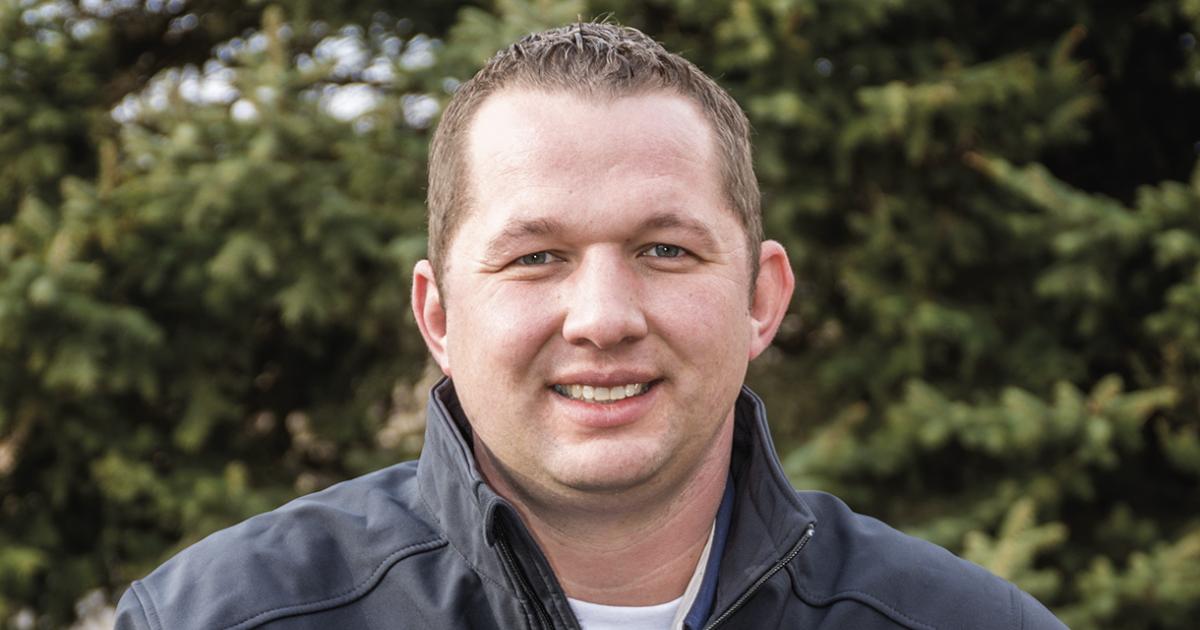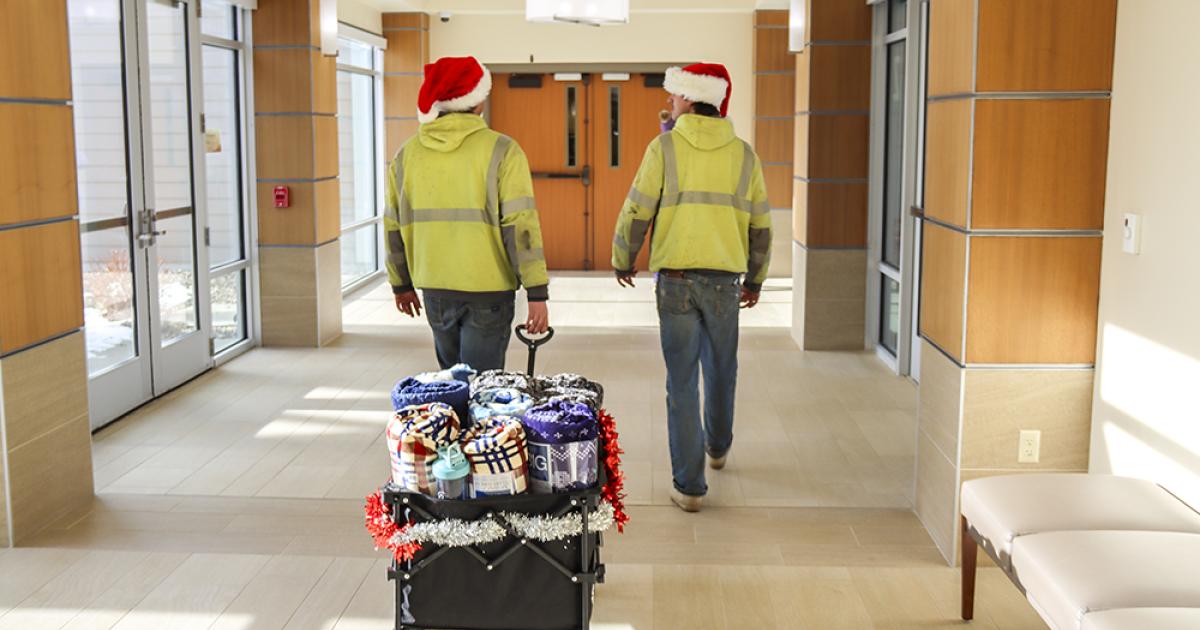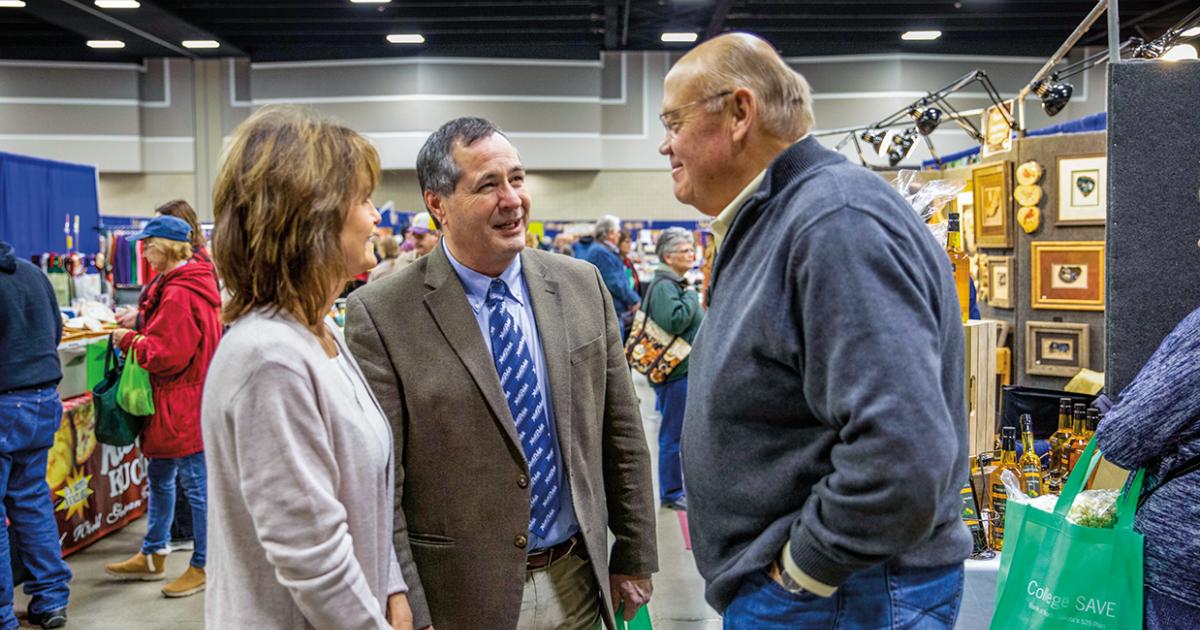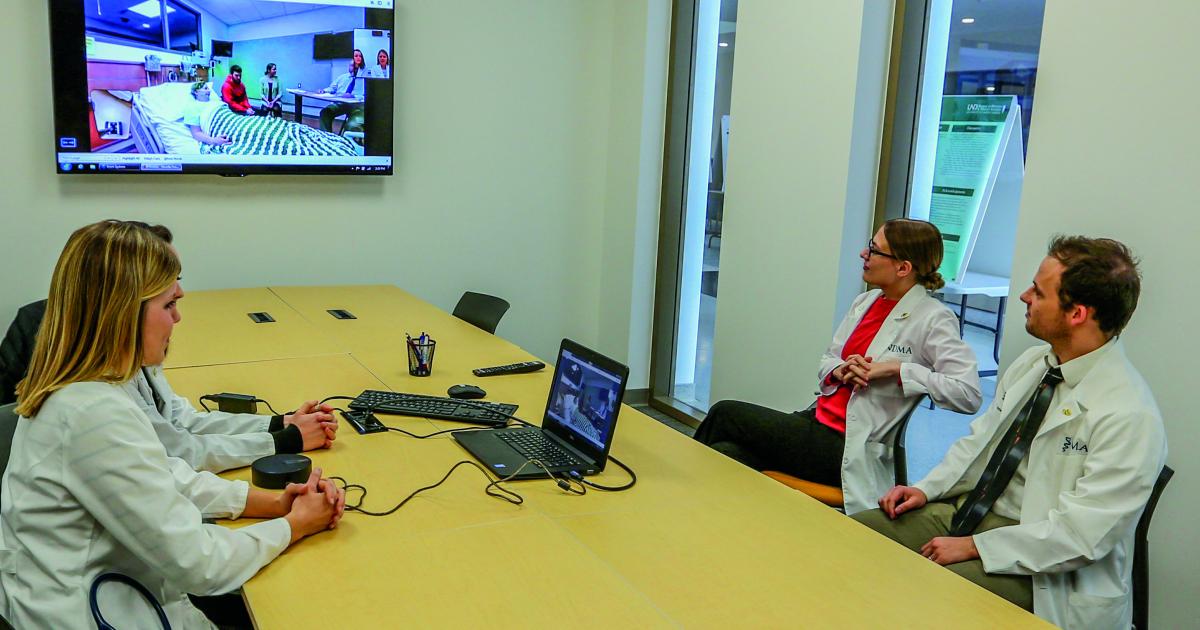My editorial this month comes to you as we hit the peak of the North Dakota legislative session, which happens every two years. It’s a busy time for leaders in state and local government, media and advocacy organizations. It’s also a critical time for North Dakota citizens to engage with their legislators on issues that matter to them.
Some bills certainly draw more attention than others. If you would indulge me for a moment, however, I want to direct your attention to some things that don’t draw the most attention: moments of consensus.
At the time of this writing in mid-February, House Bill (HB) 1494 has been given the green light in the N.D. House and now moves to the N.D. Senate for consideration. Also, HB 1491 is before the House Appropriations Committee after receiving a “do pass” recommendation from the House Education Committee.
Both of these bills received bipartisan support, the consensus being kids shouldn’t go hungry at school.
HB 1494 would direct schools that participate in the National School Lunch Program not to deny students meals, not to take food from a student and not to limit a student’s participation in school activities because of meal debt. Generally speaking, the bill addresses “lunch shaming,” which happens when students are denied school meals because they can’t pay the meal fees.
HB 1491 is a companion appropriations bill to HB 1494. It asks for an appropriation of $89.5 million from the general fund to provide free lunches to public school students for a two-year period beginning July 1.
Another consensus effort deserving of applause addresses the larger issue of food insecurity, which is a real concern across North Dakota.
Senate Bill 2273 received unanimous support in the N.D. Senate. It would provide an appropriation to the N.D. Department of Commerce for a rural grocery store sustainability and food access expansion pilot grant program, building off the direct success and model of the Rural Access Distribution (RAD) Cooperative in Walsh County. The shared services cooperative, which our electric cooperative development center helped start, is the first-known rural food access and distribution co-op. It seeks to improve access to healthy foods in its local area and bolster the sustainability of the region’s rural grocery stores through cooperative purchasing, implementing an online shopping platform and bringing food access to towns with none by installing climate-controlled grocery lockers. Recently, the cooperative added food distribution to three rural schools in Edinburg, Crystal and Hoople.
Whether it’s community members coming together to solve a problem, like in the RAD Cooperative example, or a bipartisan group of legislators agreeing kids shouldn’t go hungry in school, there is a common thread. It’s North Dakotans doing what North Dakotans do best – working together to solve problems with a resilience found only in rural America.
It’s amazing what can be done with a good idea and a little consensus, isn’t it?
Josh Kramer, editor-in-chief of North Dakota Living, is executive vice president and general manager of NDAREC. Contact him at jkramer@ndarec.com.










